Patients with brain disorders often have symptoms that don’t respond to medication (also called medication-refractory symptoms). Some of these symptoms can be improved by directly targeting brain circuits. Brain circuits are sets of connected brain cells that together perform a certain function such as speaking or walking. These circuits can be damaged by brain disease, leading to neurological or psychiatric symptoms. Recent advances in brain imaging allow us to identify these brain circuits and determine which brain circuit is responsible for which symptom. Neuromodulation therapies such as deep brain stimulation (DBS), transcranial magnetic stimulation (TMS), and MRI-guided focused ultrasound (MRIg-FUS) allow us to directly target brain circuits and improve symptoms in ways not possible with medication.
The Center for Brain Circuit Therapeutics is a joint initiative across the departments of neurology, psychiatry, neurosurgery, and neuroradiology, all located within the Hale Building for Transformative Medicine at Brigham and Women’s Hospital Neurosciences Center. The mission of the center is to improve treatment for patients with neurological and psychiatric symptoms by identifying and modulating brain circuits. The center is multidisciplinary because symptoms of brain disease cross traditional boundaries as does the expertise needed to develop and administer brain circuit therapies. The center offers multiple forms of therapeutic neuromodulation because the same brain circuit can potentially be targeted in different ways. The Center combines research and clinical care to speed up the development of new treatments.
We treat patients with medication-refractory symptoms from brain disorders including depression, Parkinson’s disease, essential tremor, dystonia, epilepsy, bipolar disorder, obsessive-compulsive disorder and several other diagnoses. We also offer treatment as part of research trials for a range of different brain disorders.
The Center for Brain Circuit Therapeutics offers the full range of neuromodulation treatments in a unique multidisciplinary environment.
Patients are first evaluated by an expert in brain stimulation therapies matched to their specific symptom or diagnosis. This evaluation can occur in person or via a video appointment. Patients often see multiple experts across multiple departments. Appointments are organized into a single day at a single location to maximize patient convenience. For example, a patient undergoing DBS evaluation for Parkinson’s disease may see a neurosurgeon, neurologist, neuropsychologist, social worker and get an MRI, all in back-to-back appointments in the same building on the same day.
For patients who have previously received neuromodulation treatment at another institution but were not satisfied with their outcome, we offer a second opinion service. We will evaluate your diagnosis, symptoms, treatment, and response to determine whether changes can be made to improve your outcome. This service includes advanced analysis of the location of your neuromodulation treatment, so please send MRI scans (on disk) and records prior to your appointment.
In the Center for Brain Circuit Therapeutics, we treat both neurological and psychiatric symptoms as brain circuit problems. We use a multi-disciplinary approach and offer a variety of neuromodulation therapies to target these brain circuits for symptom relief. This unique approach fosters innovation, collaboration and new perspectives on delivering better treatments for patients with brain disorders.
Specific examples of what makes us different include:
Join us on a virtual tour through the brain as we explore brain circuitry. Graphics by our own Dr. Andreas Horn.

Neurology
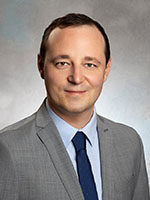
Neurology
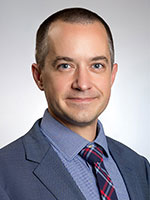
Neurosurgery
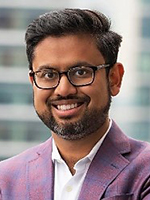
Psychiatry
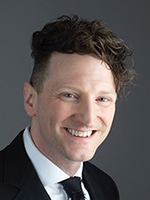
Psychiatry

Neurology
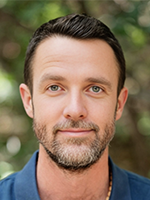
Neurology
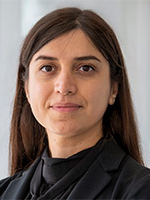
Radiology

Neurology

Neurology
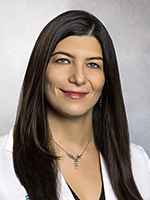
Neurology
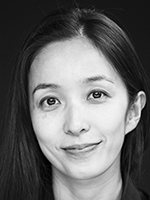
Psychiatry

Psychiatry

Psychiatry

Neurology

Neurology
The Center for Brain Circuit Therapeutics is always looking for talented candidates to join us in our scientific endeavors.
If you are interested in learning about our opportunities for Research Assistants, please send your CV and letter of interest to bwhcbctassistants@partners.org
If you are interested in learning about our opportunities for Fellowships or Post-Doctoral research, please send your CV and letter of interest to bwhcbctfellows@partners.org.
For patients seeking a specific neuromodulation treatment, they can contact:
Deep Brain Stimulation: 617-732-7432
Transcranial Magnetic Stimulation: 617-732-6753
MRI Guided Focused Ultrasound: 617-732-6858
For over a century, a leader in patient care, medical education and research, with expertise in virtually every specialty of medicine and surgery.
About BWH